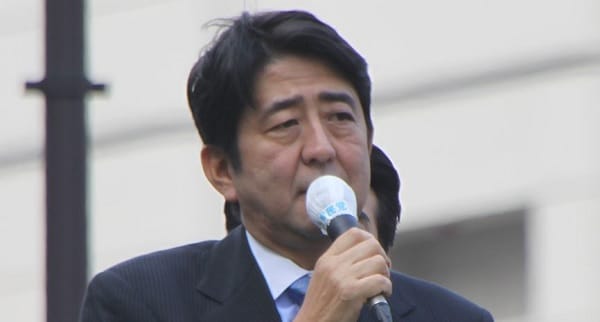Japan will go to the polls on Sunday, 14 December, following Prime Minister Shinzo Abe’s call for a snap general election – two years ahead of schedule. Officially, Mr. Abe is seeking a fresh mandate from the public, and has characterised the vote as a referendum on Abenomics. But it is likely his move to hold early elections has more to do with internal political manoeuvring.
Many of the policies Mr. Abe seeks to implement remain controversial in Japan, such as restarting more of the country’s nuclear power plants, lifting legal restrictions that limit the actions of Japan’s armed forces, and signing the Trans-Pacific Partnership (TPP), a free trade agreement involving 12 countries, including Japan, the United States and Singapore. It is possible Mr. Abe’s public support could fall further over the next two years. In other words, it makes sense for him to hold the vote now rather than later.
The early election has also caught Japan’s opposition off-guard, giving them little time to campaign. Voter turnout is also expected to be low, which favours Mr. Abe’s Liberal Democratic Party (LDP). The party has historically been able to mobilise its interest groups despite wider public apathy.
In addition, if the general election had been called on schedule around 2016, an LDP victory would extend the party’s time in power – but not Mr. Abe’s. Mr. Abe is Japan’s Prime Minister because he is the leader of the LDP, the ruling party. But under the LDP’s internal regulations, party leaders can only serve for two consecutive three-year terms. Mr. Abe will therefore have to step down as leader of the LDP by September 2018, whether the LDP wins or not. Thus, on a personal level, Mr. Abe has nothing to lose by calling an election now.
Given that the early election has caught other parties by surprise, Mr. Abe’s ruling LDP-New Komeito coalition is likely to retain a majority in parliament. But it remains unclear whether Mr. Abe will gain enough political capital to push through his desired policies, especially since many of his critics come from his own party, not the opposition.
Sources:
Snap election belies Japan’s weak politics [East Asia Forum, 7 Dec 2014]
Japan Election: Abe Offers Few Words on Trade Deal [Wall Street Journal, 10 Dec 2014]
Japan elections: 5 things you need to know [CNBC, 12 Dec 2014]
Photo Credit: Wikimedia Commons




